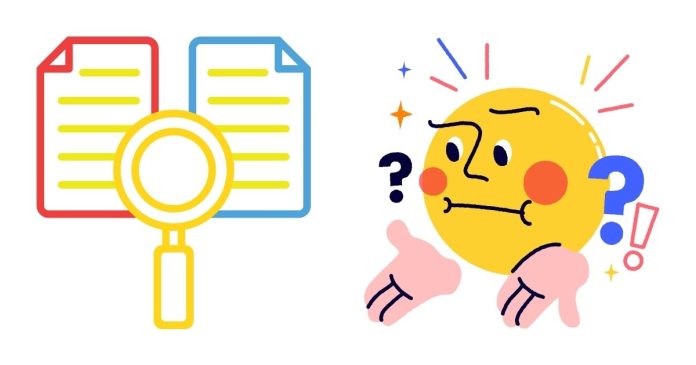In programming, understanding the difference between bool and bool? can help avoid bugs and ensure your code behaves as intended. While they might seem similar at first glance, these two types serve distinct purposes in languages like C# and others that support nullable value types. Let’s dive into their differences and use cases.
bool: The Standard Boolean Type
The bool type represents a value that can either be true or false. It’s a fundamental data type used for logical operations and conditions. For example:
bool isActive = true;
if (isActive)
{
Console.WriteLine(“The system is active.”);
}
In this code snippet, isActive is a bool variable that can only store true or false. It cannot hold any other value, such as null.
bool?: The Nullable Boolean Type
The bool? type, also known as a “nullable bool,” allows a third possible state: null. This is useful when you need to represent a boolean value that may be undefined or unknown. For example:
bool? isConfigured = null;
if (isConfigured == true)
{
Console.WriteLine(“The system is configured.”);
}
else if (isConfigured == false)
{
Console.WriteLine(“The system is not configured.”);
}
else
{
Console.WriteLine(“The system configuration status is unknown.”);
}
Here, isConfigured can hold true, false, or null, making it ideal for scenarios where a boolean value may not yet be determined.
Key Differences
Here are the main differences between bool and bool?:
| Feature | bool |
bool? |
|---|---|---|
| Possible Values | true, false |
true, false, null |
| Nullable | No | Yes |
| Default Value | false |
null |
| Use Case | Definite true/false logic | Optional or undefined boolean states |
When to Use bool
Use bool when a value must always be true or false. This ensures clarity and avoids dealing with null checks. For example:
- Flags indicating binary states (e.g.,
isEnabled,hasAccess). - Logical conditions where a third state is unnecessary.
When to Use bool?
Use bool? when you need to represent an optional boolean value. Common scenarios include:
- Database fields where a boolean may be null (e.g., a nullable column in a SQL table).
- Situations where a boolean state is yet to be determined.
- APIs or services where a missing value needs to be represented distinctly from
false.
Null Handling
Working with bool? requires careful handling of null. You can use the HasValue property or null-coalescing operators to manage nullable booleans:
bool? isComplete = null;
if (isComplete.HasValue)
{
Console.WriteLine(isComplete.Value ? “Complete” : “Not Complete”);
}
else
{
Console.WriteLine(“Completion status is unknown.”);
}
Alternatively, you can use null-coalescing:
bool? isComplete = null;
bool result = isComplete ?? false; // Defaults to false if null
Console.WriteLine(result);
Understanding the difference between bool and bool? is essential for writing robust and maintainable code. While bool is perfect for binary logic, bool? adds flexibility by allowing a third, nullable state. By choosing the right type for your scenario, you can improve code clarity and handle edge cases effectively.


